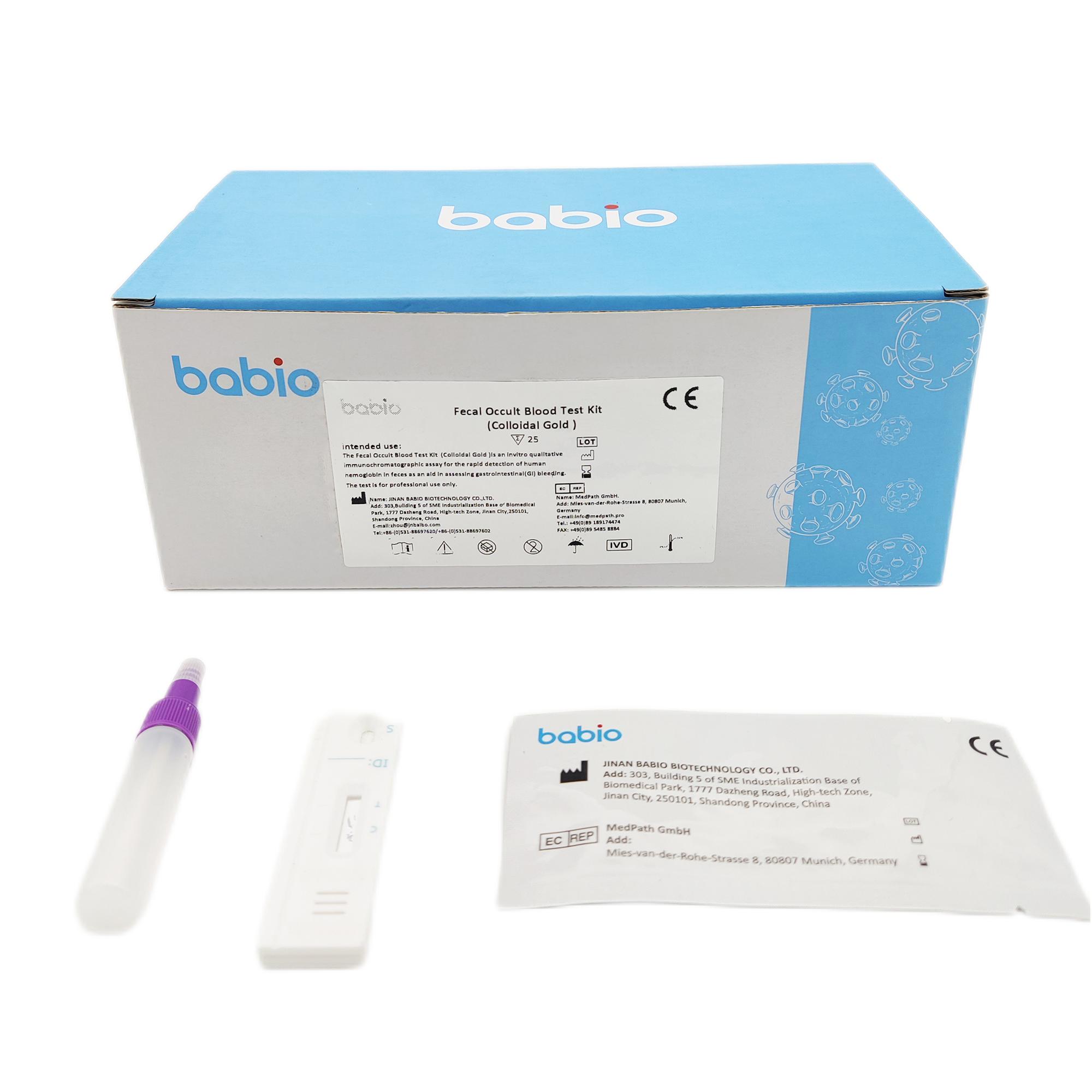Key points regarding tumor marker test kits
2024-01-24
Tumor marker test kits are diagnostic tools designed to detect specific substances, known as tumor markers, in blood or other bodily fluids. Tumor markers are proteins or other molecules that are often elevated in the presence of certain types of cancer. These tests can aid in the diagnosis, monitoring, and management of cancer.
Here are some key points regarding tumor marker test kits:
1. Purpose: Tumor marker tests are used to detect and measure the levels of specific substances produced by cancer cells or by the body in response to cancer. Elevated levels of these markers may indicate the presence of cancer, but they are not definitive proof of cancer, and additional diagnostic tests are typically needed.
2. Types of Tumor Markers: There are various tumor markers associated with different types of cancers. For example, prostate-specific antigen (PSA) is a marker associated with prostate cancer, CA 125 with ovarian cancer, and CEA (carcinoembryonic antigen) with colorectal cancer.
3. Test Process: The test kits usually come with the necessary reagents and materials to perform the test. The process may involve collecting a blood sample or another bodily fluid and then using the test kit to detect the presence and quantity of the specific tumor marker.
4. Clinical Use: Tumor marker tests are often used in clinical settings to aid in cancer diagnosis, assess the response to treatment, and monitor for recurrence. They are not typically used as standalone diagnostic tools but are part of a comprehensive diagnostic approach.
5. Limitations: It's important to note that elevated levels of tumor markers can occur for reasons other than cancer, such as inflammation or non-cancerous conditions. Additionally, not all cancers produce elevated levels of tumor markers, so a normal result does not rule out the presence of cancer.
6. Regulation: Tumor marker test kits, like other medical devices, are subject to regulatory oversight to ensure their safety and efficacy. Regulatory requirements may vary by country.
It's crucial for healthcare professionals to interpret the results of tumor marker tests in the context of a patient's overall clinical picture and in conjunction with other diagnostic methods. Always consult with a healthcare provider for proper evaluation and interpretation of any test results related to cancer or other medical conditions.



